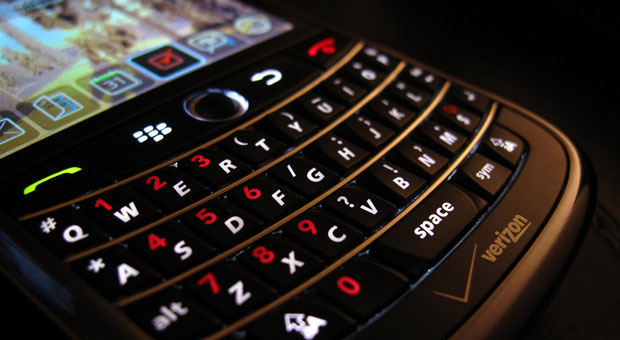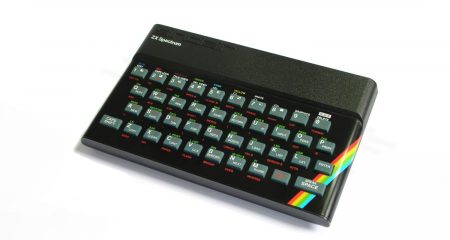
The company reported revenues of US$4,2bn, way below expectations, and earnings per share ended up at 81c, right on the money with projections. RIM sold 11,1m BlackBerrys, which was just shy of forecasts. A year ago, the company posted much stronger revenue of $5,6bn and earnings of $1,78/share.
Among other layoffs, the company’s former co-CEO Jim Balsille has resigned from the board of directors, news that caused after-hours trading on RIM shares to halt temporarily after a nearly 3% price spike.
News that Balsillie is out was especially unexpected. Software chief technology officer David Yach and head of global operations Jim Rowan have also been forced out.
Balsillie said in a statement: “As I complete my retirement from RIM, I’m grateful for this remarkable experience and for the opportunity to have worked with outstanding professionals who helped turn a Canadian idea into a global success.”
Low expectations for RIM’s fourth-quarter results were in order. The company’s share price has lost more than 75% of its value in the past year, as Apple and various Android phone makers such as Samsung and Motorola dominate the mobile market. The news has been uniformly bad: BlackBerrys have been delegated to second-tier status, the BlackBerry PlayBook tablet has gained no traction against the iPad in the enterprise, and the new CEO of the company, Thorstein Heins, has been reluctant to change course. Heins got on the line for his first-ever conference call after the earnings were posted, and promised “substantial change.”
Wall Street analysts low-balled and estimated that RIM would report $4,5bn in revenue and 81c in earnings per share, according to Seeking Alpha. However, RIM was somehow able to tread below that.
On the plus side, RIM sold more than 500 000 PlayBook tablets, which is the best quarter its had for the device. — VentureBeat![]()




